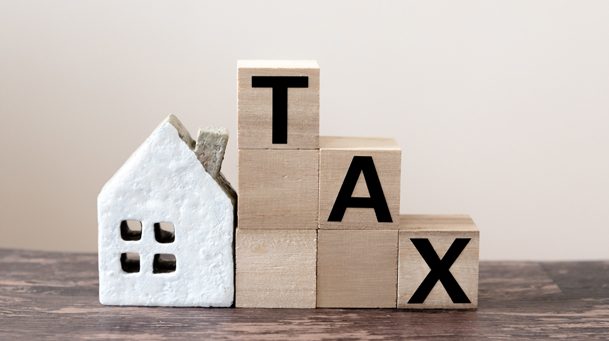Scott McIver, Tax Consultancy Manager, Armstrong Watson Dumfries
As many will be aware, the government have increased the tax burden on property landlords through increasing Stamp Duty Land Tax rates on buy to let properties and restricting the amount of loan interest relief available against rental income.
From 6 April 2020 the government will now further reduce the deemed occupation period allowable under Principal Private Residence relief and remove Lettings Relief. These measures could considerably increase the amount of Capital Gains Tax an individual will pay following the sale of a property which was previously used as their main residence.
Generally any gain realised on selling your home is exempt from Capital Gains Tax. The exemption applies to the period you are living in the property and also the final 18 months of ownership if you move out before you sell. This final period exemption was originally 3 years being introduced during a slump in the property market to assist people struggling to sell their former home after moving on to another. The exemption was reduced from 3 years to 18 months in 2014. However, from 6 April 2020 the final period exemption will reduce to just 9 months which given the current property market seems counterintuitive.
Perhaps more importantly, a further relief known as Lettings Relief is to be effectively abolished from 6 April 2020 (unless there is shared occupation). This is a valuable relief for people who let out their former main residence which can reduce the gain on sale by up to £40,000 for each owner.
The withdrawal and restriction of these reliefs could result in individuals paying over £12,000 more in CGT if a property is sold after 5 April 2020. As relief is available per individual married couples could be in excess of £24,000 after 5 April 2020.
Example
A common scenario would be an individual purchases a property in 2000 in which they live for 10 years. They then purchase a new property to move into, retain the first property to let out and obtain a small rental income from.
In 2020 they are looking to sell the first property which has risen in value by £100,000.
If the sale concluded before 6 April 2020 their tax liability would be, at most, £700. However, if it concluded after 5 April 2020 their liability would have risen to £12,950.
There are, however, ways to protect this valuable relief as long as planning is undertaken in advance of the tax year end. If you are considering selling a property in which you have lived and rented we would strongly advise that you contact us to consider if there are any planning opportunities available.
For further information please contact Scott McIver on 01387 955900 or email scott.mciver@armstrongwatson.co.uk






